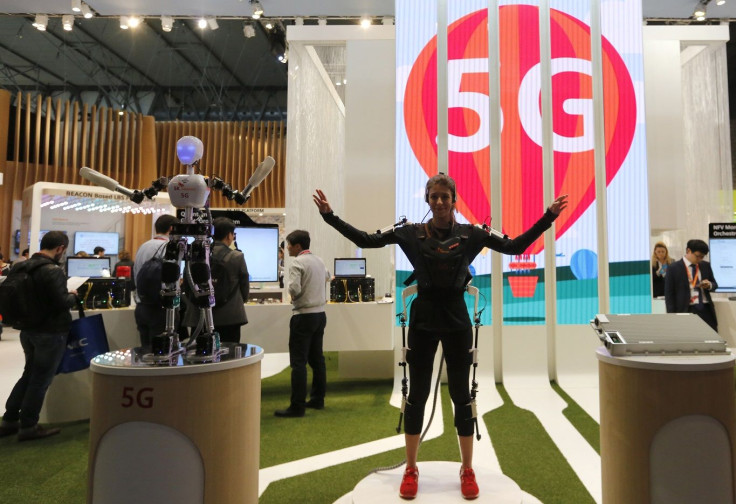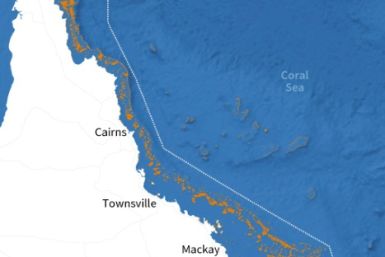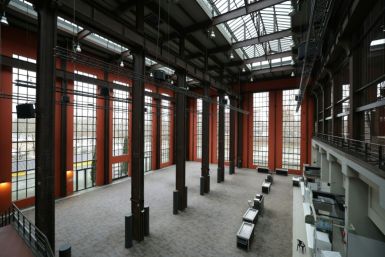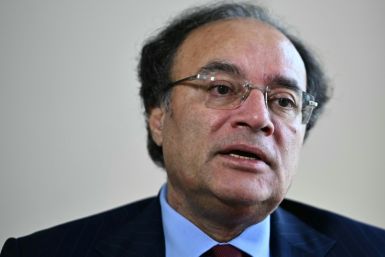What the 5G race means to the global economy

There’s a reason why nations, regardless of their economic size, are hurrying to become one of the first 5G users in the world. Apart from global recognition, as it happened when 4G was first commercialised in 2007, it translates to economic power. With better Internet connectivity, services are delivered faster and more efficiently, which means the country becomes more enticing to investors, especially those from established nations.
The race to 5G is also a political pursuit. Having the fastest broadband network means broader access to information and more rooms for innovation. Thus, companies gain more control over augmenting all aspects of power: military, economic, etc. Certainly, having the fastest Internet doesn’t automatically translate to economic dominance. But most First World nations, the rulers of the globalised world, as stated by Akamai, always boast of above-average connectivity, while the developing nations are typically those who suffer from dismal one. Thus, there’s something to be had in faster Internet connection.
There’s no reason not to want it. Experts agree that it will be key to finally seeing all the sci-fiesque devices — driverless cars, all kinds of screens, the Internet of Things (IoT), virtual reality, artificial intelligence — being utilised in real life. It’s enticing, and all nations will aspire to have it.
Changes in the global economic landscape will begin with simply wanting to have 5G. Sooner or later even developing nations will try its hand at improving their current Internet infrastructure and finally get what is fastest. These countries will finally realise that what the World Bank has been saying — that “10 percent increase in high-speed Internet connections, economic growth increases by 1.3 percent”— is irrefutably true.
And it’s happening now. More countries with smaller GDP are now with beginning to embrace mobile and Internet technology. Developing nations are now doing their best to improve their 4G connection as part of preparation for 5G in 2020. Some countries like India even tapped the services of 5Barz International (TCQB: BARZ) to lay the foundations of their transition out of LTE.
But beyond economic power, nations will seek for better Internet infrastructure and connectivity since having such is synonymous to improved living conditions. According to a research conducted by the World Economic Forum (WEC) in 2015, the countries that put more time and money on developing their broadband infrastructures are the ones that experienced immense improvements in various aspects of life. Certainly, with a faster Internet to utilise, it will be easier for private companies and governments to design and implement better social service-focused undertakings.
So how will this growing desire to be the first 5G user affect the global economy? It will create an unsung need for developing nations to become part of the race, too. It will become everyone’s goal, which is, in some way, good. Obtaining 5G connection will be placed at the centre of every poverty-reduction equation, which would result to a global objective of making it cheaper and more accessible to everyone.
But there’s no need to force such a thing. Technological advancements will happen right before our eyes. Demand for better technology and Internet speed will happen so fast to an extent that it will become a necessity and a requirement. This means that sooner or later, whether we like it or not, everyone will end up going 5G anyway. But surely by that time, the developed nations are looking for something better again.





